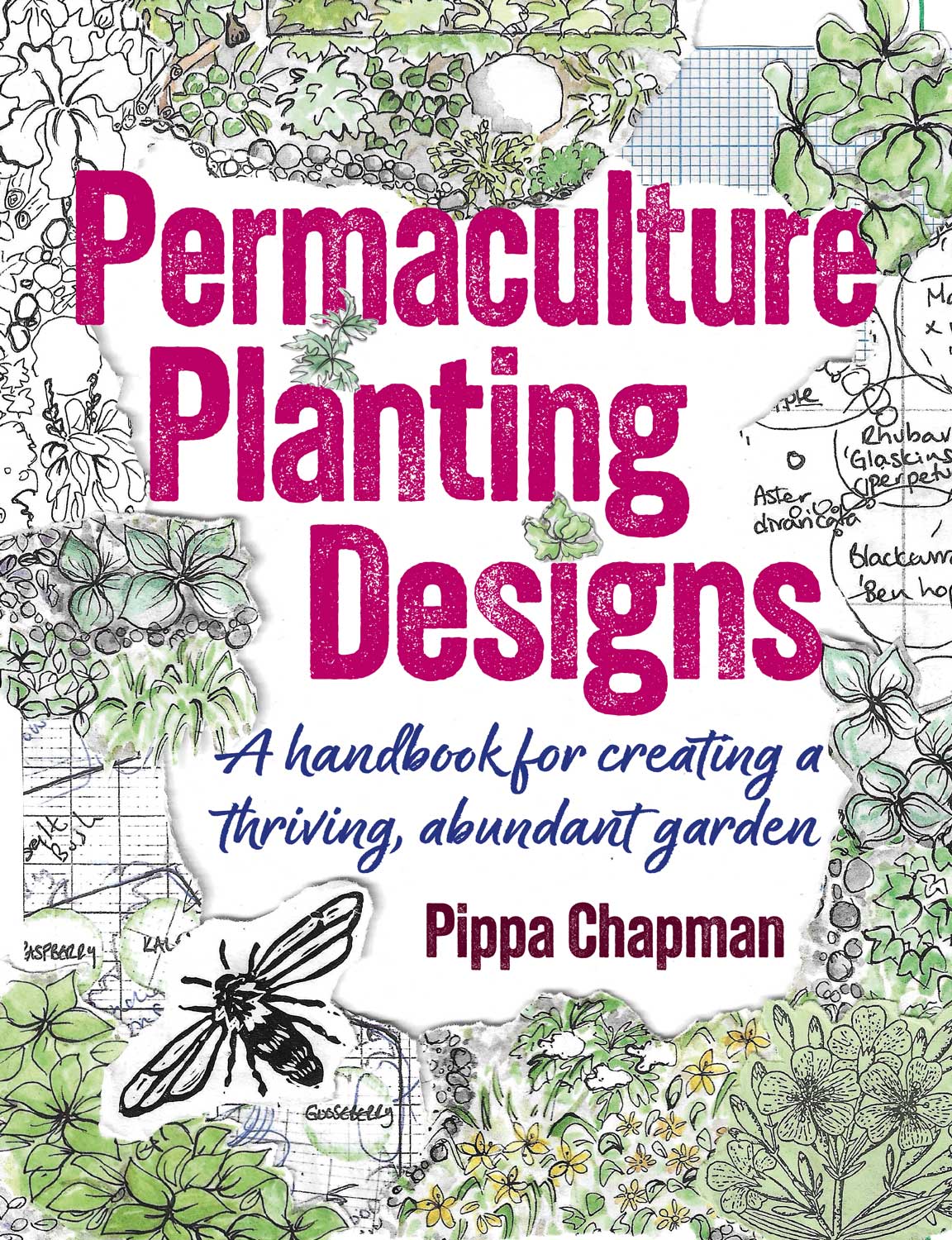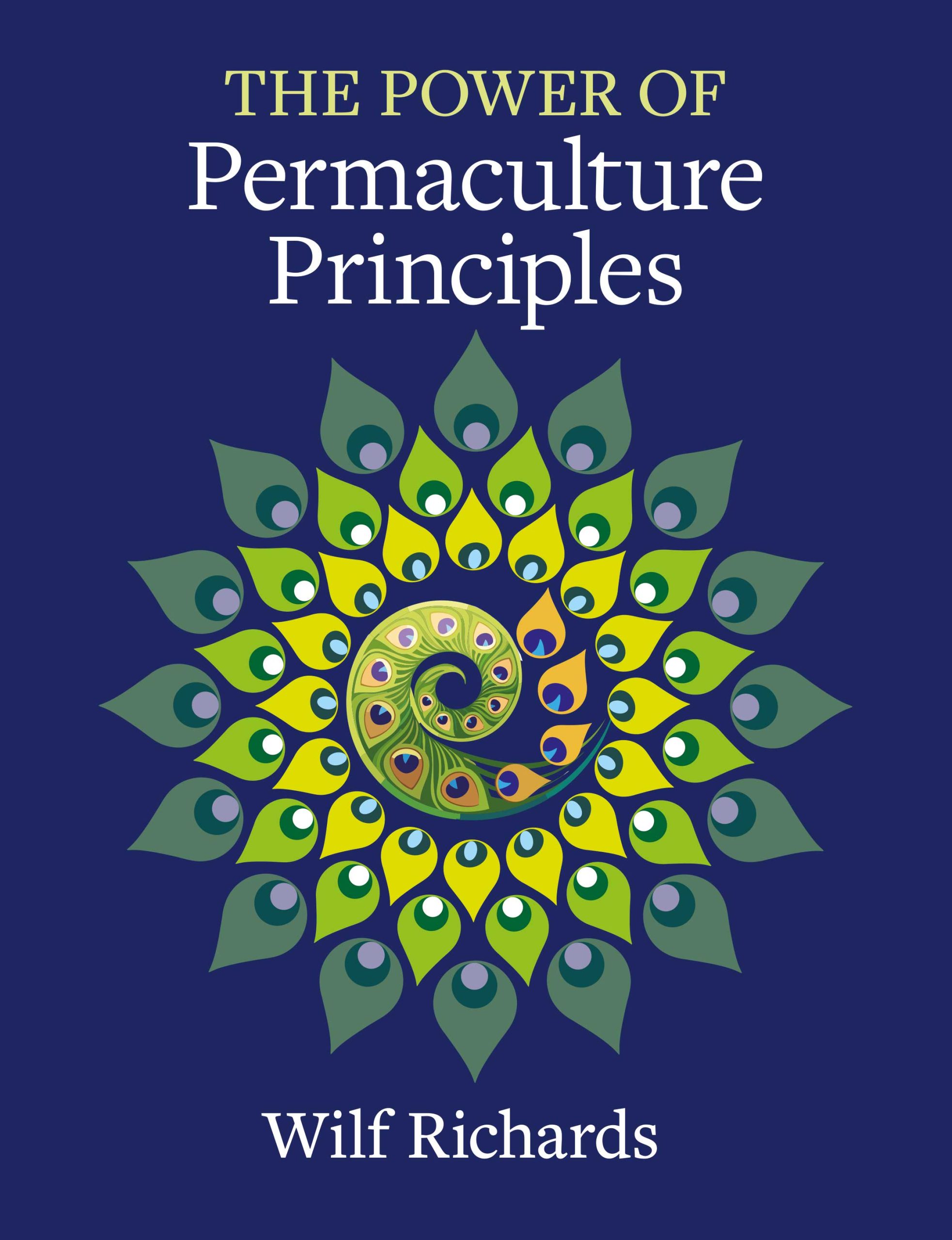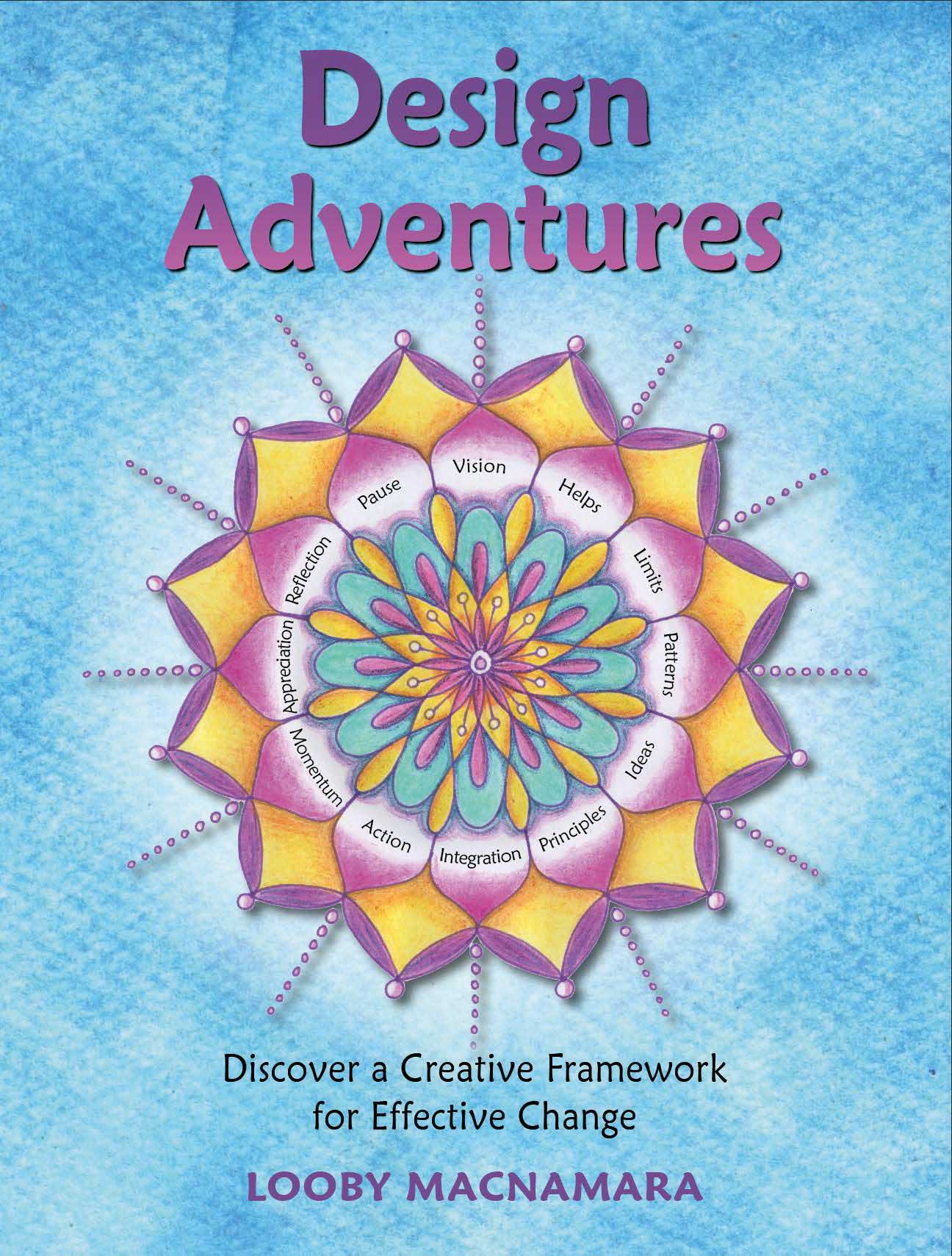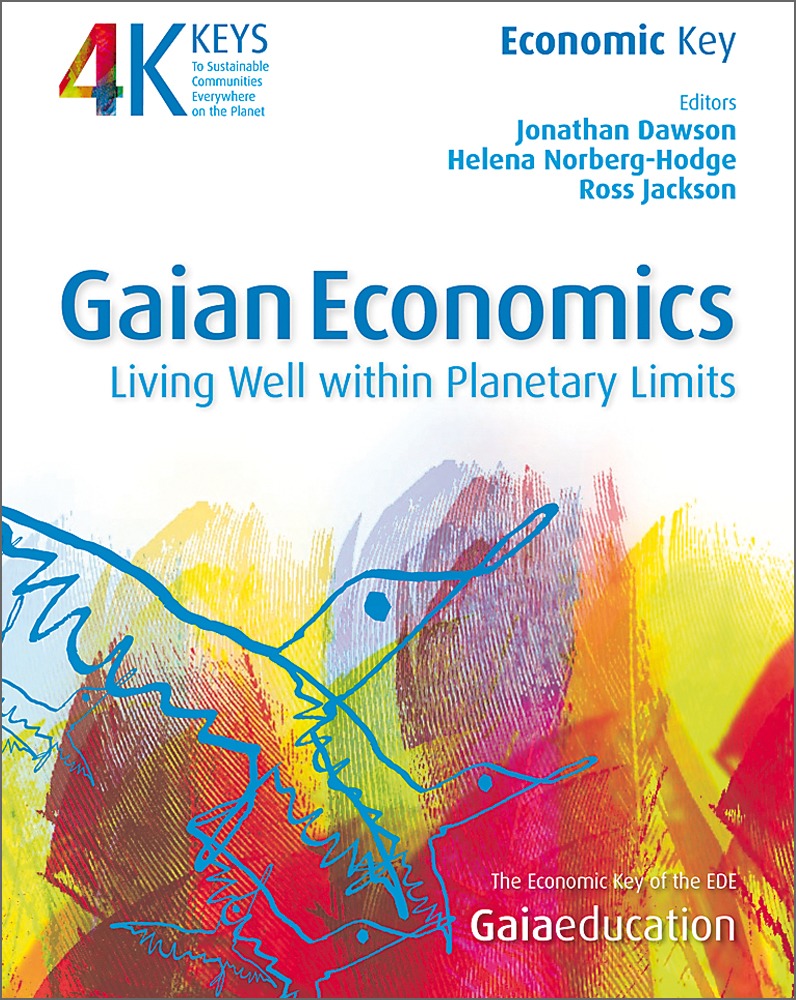
Edited by Jonathan Dawson, Ross Jackson & Helena Norberg-Hodge
Gaian Economics is the second volume in the Four Keys to Sustainable Communities series and sets out to explore how we can develop healthy and abundant societies in harmony with our finite planetary resources.
Using contributions from a wealth of authors (including Small is Beautiful’s E.F. Schumacher, eco-philosopher Joanna Macy and Rob Hopkins of the Transition movement), the editors address ways of reducing our consumption to levels that enable natural systems to self-regenerate and to do so in ways that permit a high quality of life – that we live within our means and that we live well.
Since the advent of the Scientific Era in the 16th century, humans have stood apart from the rest of nature, seeking to manipulate it for their benefit. Thus, we have learned to refer to the natural world as ‘the environment’ and to see it, in economic terms, as little more than a bank of resources to be transformed into products for human use and pleasure. This has brought us to the brink of collapse, with natural systems straining under the weight of the population and the levels at which we are consuming.
We are, however, on the threshold of a shift into a new way of seeing and understanding the world and our place within it – called, by some, the ‘Ecological Age’. It will be characterised by a new understanding of our place as a thread in the Web of Life, of our interconnectedness with all other living things.
Gaian Economics offers ways forwards towards this Ecological Age, giving suggests for how it may take shape, and how it would work.
The Four Keys represent the four dimensions of sustainable design—the Worldview, the Social, the Ecological and the Economic. This series is endorsed by UNESCO and is an official contribution to the UN Decade of Education for Sustainable Development.
The other books of the series are Beyond You and Me; Designing Ecological Habitats; and The Song of the Earth.
“I’d recommend this book for anyone wishing to understand the essential subject of economics for a sustainable planet, and alternative possibilities for our collective future.”
Stefan Geyer, author of Zen in the art of Permaculture
Book Details
Published: 2010
ISBN: 978 1 85623 056 8
Size: 245mm x 190mm
Format: Paperback, 256pp. 8 b/w tables & graphs
Author
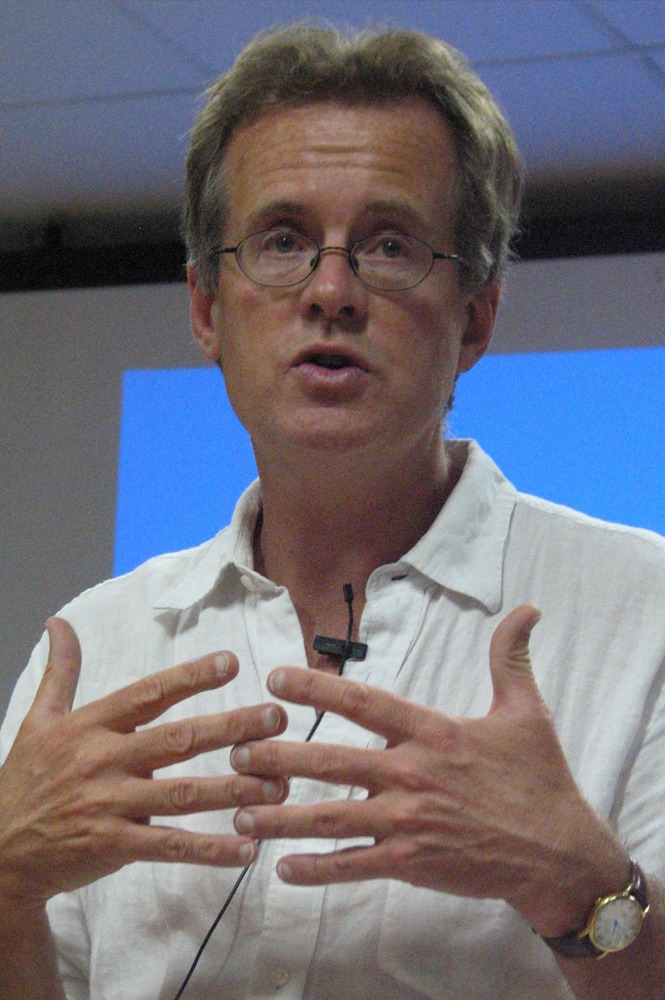
Jonathan Dawson is a sustainability educator, currently working as Head of Economics at Schumacher College in Devon. Until recently a long-term resident at the Findhorn ecovillage and a former President of the Global Ecovillage Network, he has around 20 years experience as a researcher, author, consultant and project manager in the field of small enterprise development in Africa and South Asia.

